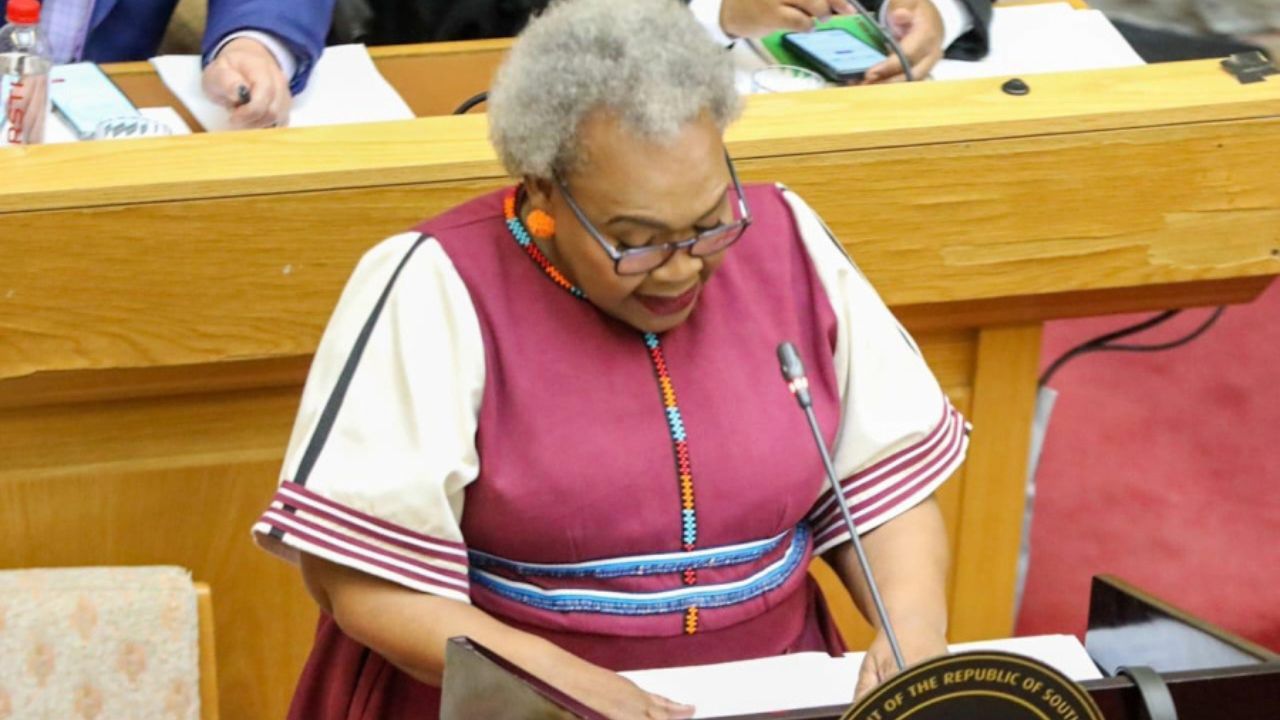A legal dispute is now centered on the Social Relief of Distress SASSA (SRD) award, a lifeline for many South Africans facing unemployment and poverty. This October, there will be a legal challenge to the regulations governing the R370 grant monthly award distributed by the South African Social Security Agency (SASSA). Due to the potential effects on millions of beneficiaries who depend on this essential financial support, the case has attracted much attention.
The Legal Challenge:
According to GroundUp, a challenge to the guidelines for the R370 monthly Social Relief of Distress (SRD) payment will be heard on October 29 and 30 in the Gauteng High Court in Pretoria.
The Institute for Economic Justice (IEJ) and #PayTheGrants filed a request in the High Court in 2023 to contest rules that prevent many eligible individuals from receiving the award.
The application lists the (Sassa) and the Minister of Social Development as replies. One responder is the minister of finance as well.
When the COVID-19 epidemic first broke out in 2020, the SRD grant was implemented as a last-ditch effort to reduce severe hunger and poverty. The payment period was initially scheduled from May 2020 to October 2020. However, it has been extended yearly since then. In April, the monthly payout was raised from R350 to R370.

The award is only available to those with monthly incomes up to R625. Sassa checks the monthly income of recipients by keeping an eye on their bank accounts.
#PayTheGrants and the IEJ contend in the court application that the government’s definition of “income” is extensive because it considers gifts and financial assistance from friends and family. They want the court to decide that the only forms of “income” are those obtained from investments, commercial ventures, or employment.
Additionally, they want the court to decide that the grant amount and qualifying income criteria should be raised to account for rising living expenses and inflation.
They further criticize Sassa for using databases from the Unemployment Insurance Fund (UIF), SARS, and the National Student Financial Aid Scheme (NSFAS) to confirm income.
They want the court to rule that the database verification process is illegal and unconstitutional since they claim that some databases are erroneous. They want the court to forbid bank verification because it ignores beneficiary income changes.
Unlike other social awards that may be sought in person, the SRD grant can only be applied online. Some applicants do not have online access, according to the IEJ and #PayTheGrants, and they are asking the court to decide that applications submitted in person should be accepted.
They demand that the appeals process be deemed illogical and unreasonable because they claim that the present appeals procedure prevents a grant applicant from presenting fresh evidence.
Government Response:
The online application procedure was supported by Ebenezer Nkosinathi Dladla, chief director of legal services at the Department of Social Development, in his affidavit.
“The cellphone data does not require data, and five applicants can use one cellphone number,” he added.
“The application procedure is straightforward since all SRD candidates can use the official SRD website, which provides them with step-by-step instructions through the process, or the WhatsApp channel, which offers the same service. It takes hardly twenty minutes to complete this operation.”
According to Dladla, the SRD grant is “one of the most successful” in the nation.
“The online method is the most effective and efficient,” he stated.
Applicants without smartphones, he continued, “can use the cell phones of their family members, neighbors, and peers.”
According to Dladla, if they are in a remote location, they can go to the tribal authority or the village chief to request assistance. The online application for the SRD is quite simple.
He maintained that a manual procedure would be “regressive” and cause a delay in receiving timely assistance, saying that the online technique was simpler than visiting Sassa facilities. He rejected the accusations of unconstitutionality.
In his affidavit, Brenton van Vrede, executive manager at Sassa, supported the SRD grant verification system’s use of public databases. This stops applicants from “double-dipping” when they apply for the SRD award and get funding from other government agencies.
He said it was “reasonable and necessary” to use various databases for verification.
According to him, Sassa verifies more than 15 million SRD applications monthly, and the number of authorized beneficiaries varies between 7.5 and 8.5 million.
According to Van Vrede, Sassa has “limited human resource capacity,” and introducing manual procedures may result in staff strikes, which is detrimental to those needing help.
Van Vrede explained the appeals process, stating that applicants have 90 days to file an appeal on the DSD website if their application is denied. Payment processing for Sassa would occur if the appeal were granted. He also rejected the petitioners’ arguments that the document was unlawful.
Treasury Response:
Edgar Sishi, the Treasury’s acting director general at the time, stated in his affidavit that the restrictions did not infringe upon the constitutional right to social security.
According to him, they provide the most disadvantaged South Africans with as much coverage and protection as the government can now afford while facilitating more accessible access to social security.
To prevent financial hardship on the DSD minister’s desk, Sishi warned that any court judgment that nullifies the laws might have “disastrous economic consequences” and should be halted.
